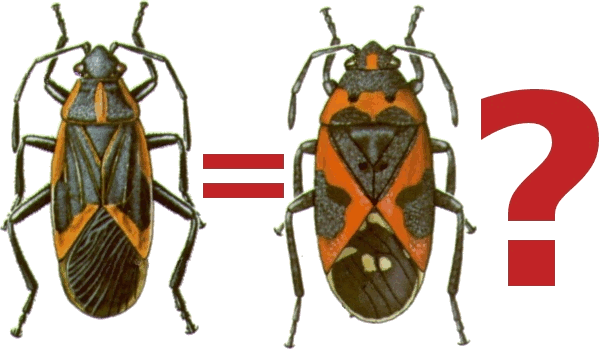
In a previous post we had a little discussion about Change Requests duplication problem, showing how it can impact on software development and some works that approached it. However, our curiosity led us to a much bigger investigation of the problem to see its real dimension.
Thus, with this objective in mind, was performed a formal characterization study of CR duplication problem to see how it impacts on software development productivity. Furthermore, it was selected several different projects -- which include private and open source projects -- with different characteristics in order to expand our study as much as possible. Among these characteristics, we can cite software domain, team size and experience, software size and life time, CR tracking system used, and so on. In addition, it was performed some interviews with developers and people which deal with CR tracking systems.
The values and answers obtained for the metrics and questions we have defined confirmed the initial expectations, in most cases passing them, showing that the CR duplication problem is very critical to the project productivity, evolution and maintenance. In other words, many hours are lost in the task of identifying duplicate CRs, which could be used with other tasks. In addition, not only hours are lost, but also this problem turns difficult the engagement of new people to deal with CR tasks. In the last case, it happens because people need to have a good knowledge of the past CRs of a repository in order to avoid the problem.
Moreover, we have not only performed this characterization study but, given that the problem has a industrial scale, some studies and works is being conducted to solve the problem. For example, an approach based on keyword-based search engines was applied to the problem. However, although the result were satisfactory, we think that it can be improved much more with the combination of other techniques.





No comments:
Post a Comment